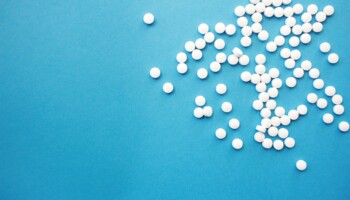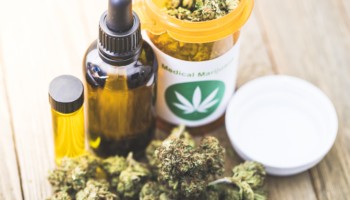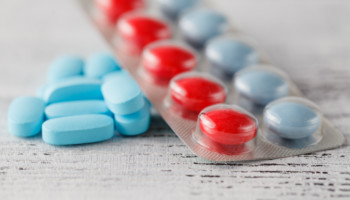The European and national legislations regulate the relationship between healthcare professionals and the manufacturers of medicinal products, in particular, the advertising of medicinal products by pharmaceutical companies. Such legislation aims to preserve the therapeutic freedom of healthcare professionals and to protect the public health.
At the European level, Article 94 of the Directive 2001/83 on the Community code relating to medicinal products for human use (the “Directive“) forbids pharmaceutical companies from promising, offering or granting, directly or indirectly, incentives, pecuniary advantages or benefits in kind (i) to persons qualified to prescribe or supply medicinal products or devices and (ii) to institutions in which the prescription, supply or administration of medicinal products takes place.
The facts that gave rise to the proceedings commented on in this note are a golden opportunity for the Court to further clarify the provisions of this prohibition. German pharmaceutical company Ratiopharm was sending 100g packs of Diclo-Ratiopharm Pain Relief Gel free of charge to German pharmacists for demonstration purposes. Novartis Consumer Health (“Novartis“) brought action against Ratiopharm to cease this practice.
After various proceedings in the German courts, the Federal Court of Justice ordered a stay and made a referral for preliminary ruling to the CJEU. The Federal Court sought clarification in relation to the interpretation of Article 96(1) of the Directive, which permits, under exceptional conditions, the provision of free samples to “persons qualified to prescribe them”. More specifically, The Federal Court asked the CJEU whether or not Article 96(1) allowed pharmaceutical companies to distribute free samples to pharmacists.
The Commission argued that the wording of Article 96(1) is ‘open-ended’ and that nothing should prevent pharmacists from also being regarded as potential recipients of free samples of medicinal products.
The judgment of the Court is expected to be delivered within the next few weeks. In the meantime, AG Giovanni Pitruzzella recently delivered an opinion and decided to take a different approach to the Commission. The AG concluded that Article 96(1) only permits the distribution of free samples of medicinal products to persons authorized to “prescribe” medicinal products and not to persons authorized to deliver them, such as pharmacists. In other words, pharmaceutical companies are forbidden from distributing free samples of medicinal products to pharmacists.
To reach his conclusion the AG analyzed (i) the wording of the provision, (ii) the context in which this provision occurs and (iii) the objectives pursued by this provision.
Firstly, as far as the wording of Article 96(1) is concerned, the AG considered that, despite the differences between the language versions of this provision and recital 51 of the Directive (which seems to lead to a less stringent interpretation of this article), it follows that free samples may only be distributed to persons qualified to prescribe them, which exclude pharmacists.
Secondly, on a more contextual view, the AG observed that Article 96 is part of a Title of the Directive, which governs information and advertising in relation to medicinal products. For most of the provisions contained in this Title, the Directive indicates specifically whether they relate to advertising to the public or advertising to health-care professionals. The fact that Article 96(1) refers only to persons qualified to prescribe medicinal products is neither due to chance nor the result of oversight or imprecision by the EU legislature; but is rather what was intended.
Finally, as far as the objective of the Directive is concerned, the AG observed that, while doctors and pharmacists have the same need to be duly informed, that information may reach them through different channels. It implies that excluding pharmacists from the specific form of advertising represented by the free distribution of samples of medicinal products does not mean that pharmacists are excluded from all forms of advertising of medicinal products.
The AG further noted that, given the general prohibition of the distribution of free samples of medicinal products to the general public for promotional ends, excluding pharmacies from the distribution of samples is necessary in order to obviate any risk of that prohibition relating to the public being circumvented.
It follows from these considerations that Article 96(1) must be interpreted as meaning that pharmaceutical companies may not distribute free samples of medicinal products to pharmacists. The decision of the CJEU is expected with bated breath. This decision will be of high importance not only for pharmaceutical companies, but also for some Member States of the European Union as, during the proceedings, the German, Greek, Italian and Polish governments all submitted written observations regarding the interpretation of Article 96(1).
More to follow…



